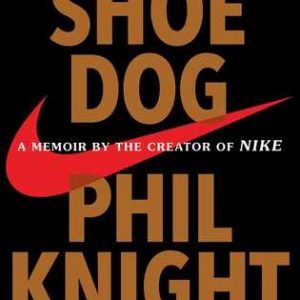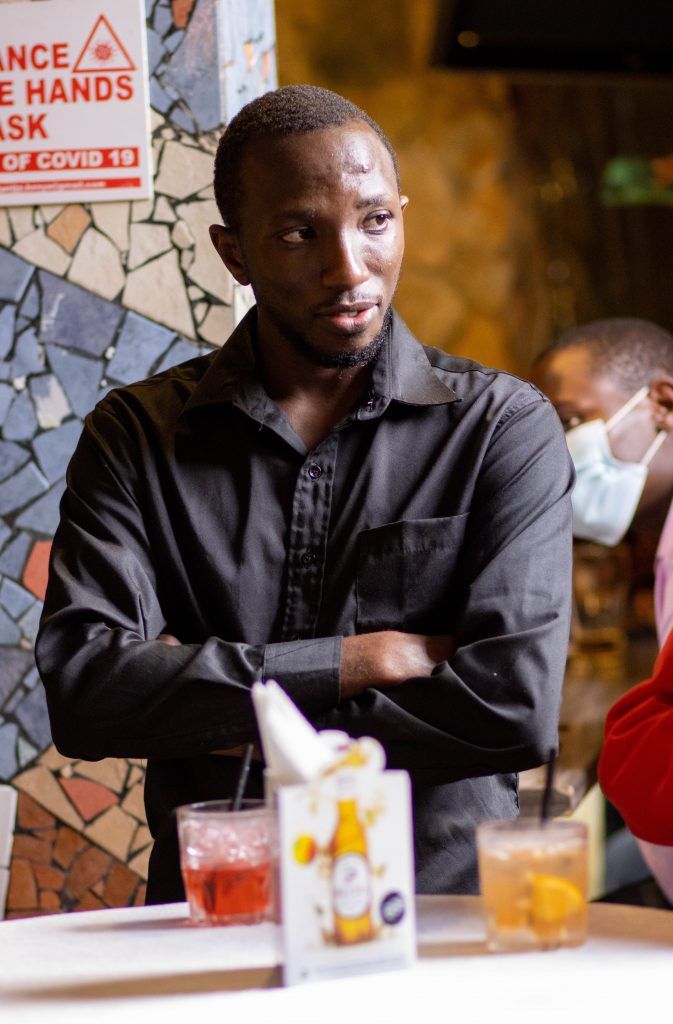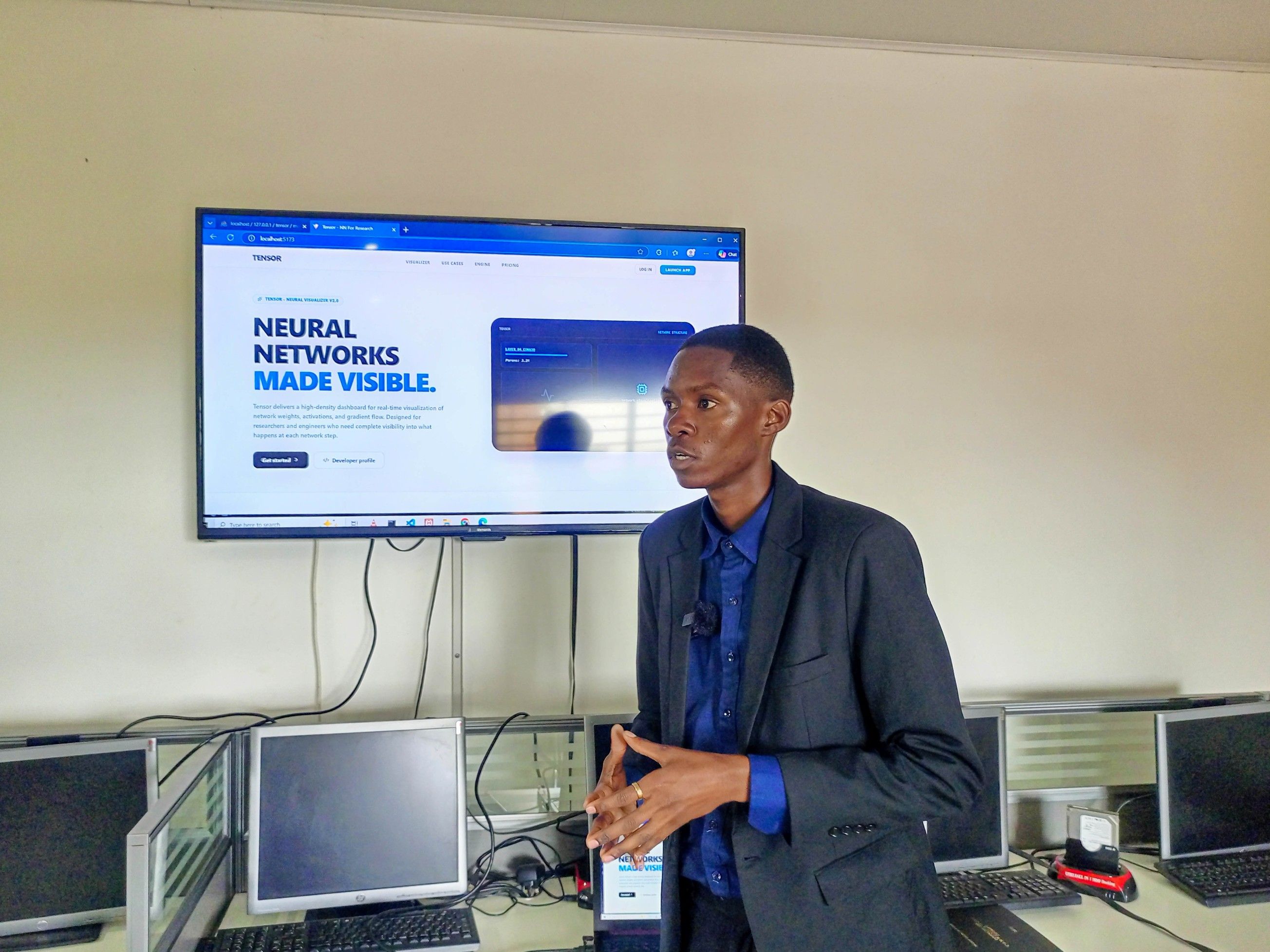Shoe Dog is a page-turner. I have read a lot of entrepreneurship/business books, but this might be the best story of them all. Or at least, one of the best told.
I have never thought of Nike as an inspiring company— the tech startups that became behemoths took up all the glory. But props to Phil Knight for telling such a riveting story that totally made me see his company in a new light.
Entrepreneurs and artists are one and the same kind of person, and reading Shoe Dog reinforced this firm belief of mine. Entrepreneurs, like artists, are driven by passion, courage, devotion, and obsession. Both have some sort of madness in them— they are mad for dedicating their lives to things that seem risky and maybe even dreamy to everyone else. Rather than seek stability, they dive into the chaos. Many of them lose the fight, but the few that come out victorious energize all the rest and are mythologized.
The difference between an entrepreneur and the typical company man is like the difference between a prophet and a priest. It's the difference between Steve Jobs and his successor, Tim Cook. Phil Knight is your quintessential entrepreneur, he doesn't just narrate the Nike story, it pours from him.
The story is framed in a mythic sort of way. The Hero's Journey begins when the young man decides to leave his home and travel the world. The same way most great legends start. Abraham leaving Haran. David leaving the sheep to come face off with Goliath. Jesus leaving Nazareth to meet John the Baptist and then go off to the wilderness. The Achaeans sailing for Troy. Jack Zollo leaving the village to come to the city.
Being a Japanophile, you can bet I was pleased that this story has a lot of Japan in it. Even the great Miyamoto Musashi receives a mention. There is this one scene I absolutely loved, which framed the meeting between Nike's Japanese bank officials and the officials of the American bank Nike worked with, as a meeting between samurai and an enemy that they destroy with a swift sword. The more clarity you have, the better you run your company is the lesson I took from that Japanese banker who was really a samurai in spirit.
The Nike gang aren't samurai, they are Wild West pioneers and gunslingers. Again and again, the book brings up this saying: "The cowards never started, and the weak died along the way, that leaves us." An expression of the American pioneering spirit.
Nike was Blue Ribbon before it was Nike. It started with one man selling shoes, same way some of our friends do online businesses out here, running around delivering stuff, with no employees, while holding down day jobs. Then Nike had one part-time employee who then became full-time, and then and then and then … Nike.
The company is often in crisis, usually debt-related, but they fight. They get their inspiration from an athlete called Pre who always went all out. Like Pre, they always over-extend themselves, operating on credit which they spend on inventory, rarely having cash in the account. It's a fast-growth company. Their balance sheet never balances, and their small-minded bankers are always reprimanding them. Until they partner with a Japanese bank that is run by wise men.
***
When you find out what you like to read, the process becomes like a downhill race. That was my reading of this. I would find myself reading into the wee hours. Because books about entrepreneurs have always been my cup of tea. When a mango is ripe, you can pluck it with no resistance. This was, for me, a ripe mango.
I will finish with the ten things I learned from this book:
1. Know yourself.
2. Surround yourself with great people.
3. Have faith in your dream and the courage to pursue it.
4. Travel.
5. Be truthful.
6. Cultivate friendships, you never know when they will save you.
7. Take risks, but let them be calculated ones.
8. When in crisis, think differently. Pivot.
Read more on Business Pivoting
9. Fight to protect your spot.
10. You are remembered for the rules you break.
Something else: Work-life balance really suffered in Knight’s case, as he devoted most of his time to building his company and neglected his family, ruining his relationship with one of his sons. This is the case with a lot of successful men. I wonder, can it be helped? This is something for me to ponder. Many a time, the price of success is burned relationships. A cautionary tale, haunting. Making the success as bitter as it is sweet. Such is life.





